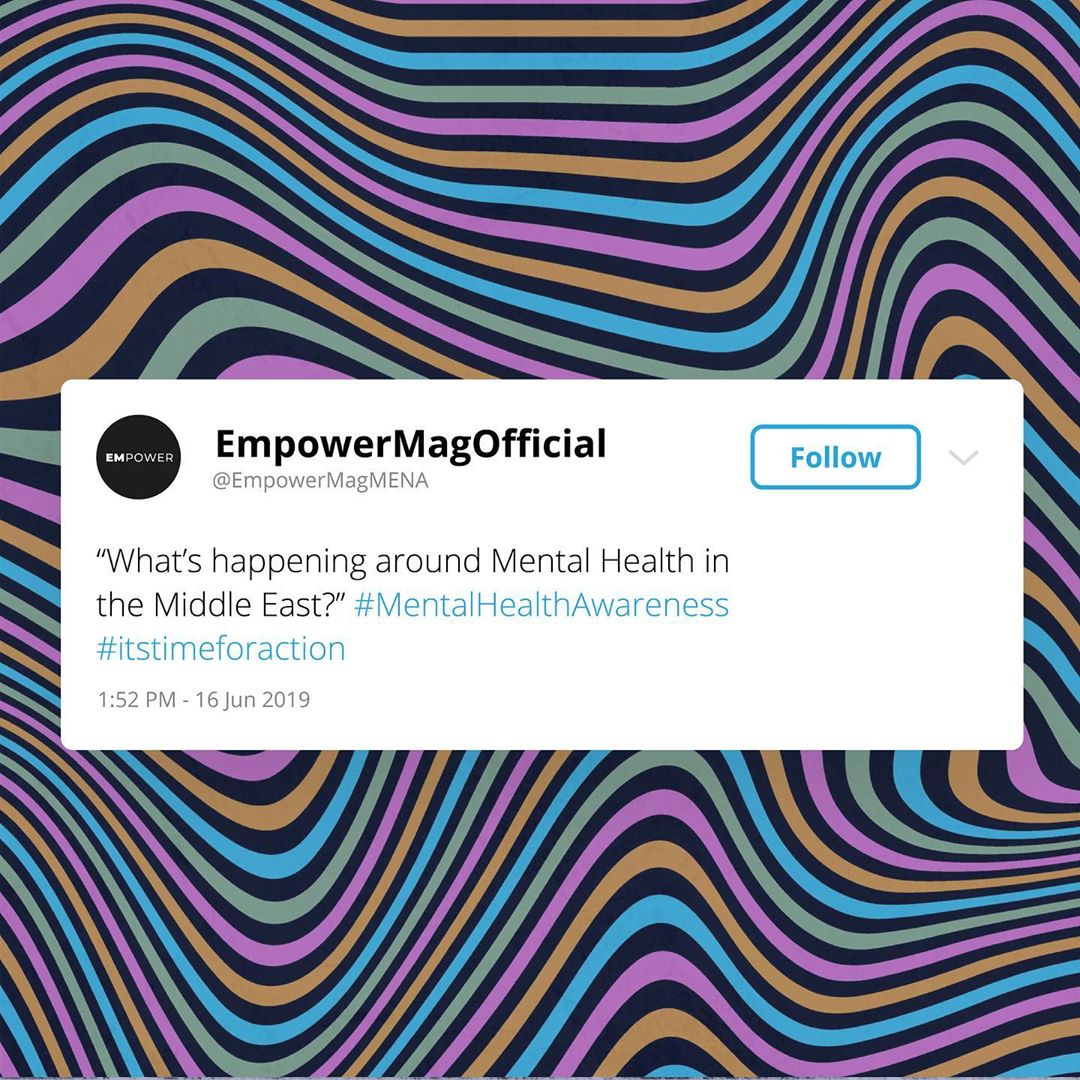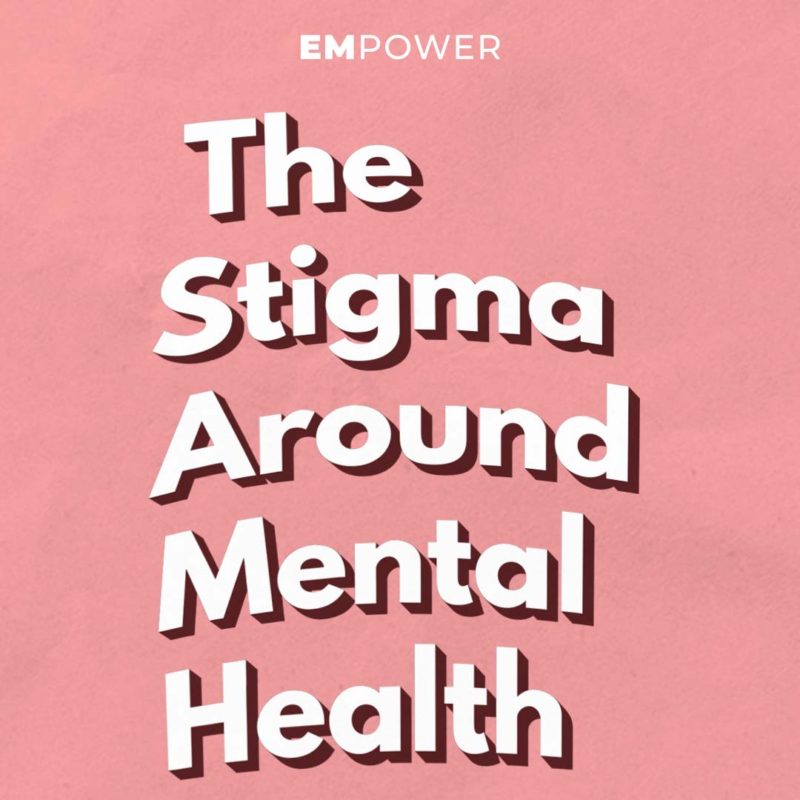“When I suffered I suffered in silence. I suffered alone because I didn’t know how to ask for help, and when people noticed, I denied it. I refused it and I turned away because I truly felt like no one could understand. Seeking help, going to therapy and finding out I had a family history of depression changed my life. Hearing other people’s stories and struggles made me realize that there are so many people that have had to fight my fight and win my war. I was never alone; I simply isolated myself. And I know there are so many people who were just like me, convinced the world cannot understand their struggle because depression is attention seeking; it’s weak to not be able to get out of bed in the morning or to fight through feelings of worthlessness. Depression is none of those things,” writes Anissa Latifi, creative writer and lifestyle blogger.
Breaking the silence can be what saves you.
Mental Health VS. Physical Health: The Dilemma of Prioritizing Both
Sore throat? “Here, take some medication.” High temperature? “Stay in bed today.” Broken leg? “Oh, you have got to see a doctor now!” Depressed? “It’s alright, everything will be better tomorrow.”
Sound familiar?
We’re living in a society that is attentive to physical wellbeing; but one that also neglects our mental health. One comes to ask why, why is it that our bodies are far more important than our brains when they should be interdependent and not distinct. Simple, there’s this stigma surrounding mental health that averts mental illnesses like depression from being normal just like cancer, although they both could be equally life-threatening if left untreated. In fact, according to Psychology Today, “about 15 percent of the world’s diseases are mental illnesses […and] almost 44 million people experience mental illness each year.”
Those struggling, whether mentally or physically, would not seek attention but would instead search for guidance and help. The only difference is that mentally struggling patients fight in silence, more often than not thinking they’re alone, when millions of others out there could be encountering the same type of hurt.
And that is why working towards ending the stigma is crucial.

The Ongoing Stigma: Why it Still Exists
Without any doubt, we have come a long way, but we have an even longer path to pursue. We have to admit that the existing stigma is not like it was before, when patients were labeled as ‘crazy’ in mental health hospitals, and famed ones in Cairo at that.
We talk to Psychotherapist and IB Psychology Teacher, Sarah El Meshad, about why she thinks the stigma still exists around the topic of therapy. She breaks it down to three factors: qualification, media, and lack of access.
“Mental health professionals are not accepted because of the many who take on the label but are not qualified. This creates a warranted mistrust in the field so people start mistrusting any type of conversation around the subject,” El Meshad tells us. “[Also,] the media needs to be more responsible about representing issues. Movies especially only show one extreme level of mental health patients, psychosis, the most extreme and least common of problems, alienating the field from the average person.”
And while representation can be misleading in the media, it’s still not being talked about enough to actually give people the chance to understand. And with the lack of education and proper qualifications playing into effect here, it only makes sense that there’s a lack of accessibility to proper therapy facilities.
“Most [good] psychotherapy centers are marketed as luxury high-end places and are unaffordable to most people, making it unattainable to many [and therefore harder to normalize],” El Meshad adds.
Working Towards Normalization: Action
As the stigma settles from year to year, the normalization process becomes more ordinary. Creating a fixed entity to control the field ensures that qualified professionals are the only ones practicing, hence any misconceptions about the profession will be removed. To resolve the issues mentioned above by El Meshad, the media has to show accurate representations of cases instead of extreme ones that are not accepted. We should also aim to make mental health programs and centers financially accessible to different groups within society.
After all, everyone is entitled to support!
Have something to say?
Join the conversation in our Facebook Group: “The Empower Community”
Feel free to also subscribe to our weekly newsletter to get the latest releases on all our articles & media. We include our celebrity guest’s take on Mental Health and Wellbeing.








